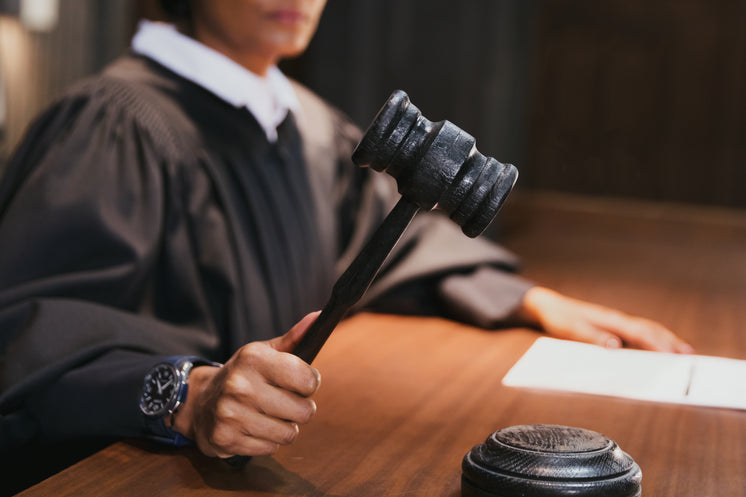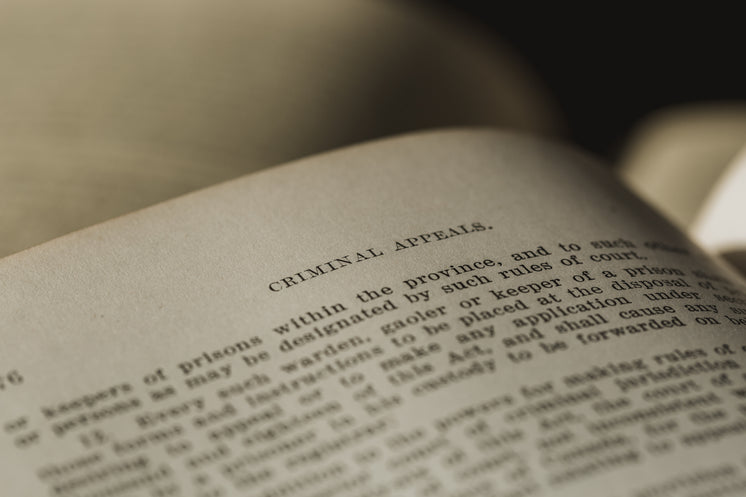lizziehawkins0
About lizziehawkins0
The legal framework in the United Kingdom is founded on a long tradition of judge-made law, supplemented by statutes passed by the UK Parliament.
Northern Ireland also has a separate legal system that closely resembles that of England and Wales but includes its own legal institutions. The Northern Ireland courts deal with both civil and criminal matters, and the top court remains the final court of appeal.
Some reforms have been proposed to address these concerns. There have been calls for increased investment in modernising court buildings, hiring more safety inspectors, and implementing more stringent protocols. The Ministry of Justice has pledged to review maintenance standards across its estate, although critics argue that more urgent action is required to prevent avoidable injuries.
The role of legal professionals in assisting individuals with their cases should not be underestimated. While not all individuals can afford to hire a lawyer, there are a number of free or low-cost services available. For example, many solicitors offer initial free consultations, and some charitable organizations provide pro bono services to help those in need. These legal professionals can provide invaluable guidance to those who are unfamiliar with the law and need help understanding their rights and obligations.
 The allocation of resources for the courts is also an important aspect of their administration. The Ministry of Justice is responsible for determining the funding allocated to the courts, which must be balanced against the broader budget for public services. Court administrators must work within these financial constraints while ensuring that the courts continue to operate effectively and efficiently.
The allocation of resources for the courts is also an important aspect of their administration. The Ministry of Justice is responsible for determining the funding allocated to the courts, which must be balanced against the broader budget for public services. Court administrators must work within these financial constraints while ensuring that the courts continue to operate effectively and efficiently.
Ultimately, the help provided by law courts in the UK is diverse and multifaceted. From legal aid and support services to the use of technology and special provisions for vulnerable individuals, UK courts aim to ensure that justice is accessible to all. Despite challenges such as funding cuts and an increasing demand for services, the UK justice system continues to offer a range of support mechanisms designed to help individuals navigate the legal process. Whether through free resources, specialized courts, or the use of technology, law courts in the UK are working to make the legal system more inclusive, efficient, and accessible to everyone.
The late 20th century and beyond, the UK legal system continued to evolve. The Human Rights Act 1998 incorporated the European Convention on Human Rights into UK law, providing greater protection for individual rights. The rise of the internet and digital technology also impacted the legal system, with courts increasingly adopting electronic case management systems and holding hearings via video conferencing.
Scotland’s legal system is based on Roman law and operates under a unique system. The Scottish courts include the Sheriff Courts, the High Court of Justiciary for criminal cases, and the Court of Session for civil matters. Unlike England and Wales, Scotland uses a mixed jury system in criminal cases and maintains its own legal traditions.
In the 13th century, the English legal system continued to evolve. The establishment of the Court of Common Pleas, which dealt primarily with civil matters, and the Court of King’s Bench, which handled criminal cases, created a more structured court system. These courts played an essential role in shaping the legal landscape of England, as they set legal precedents and defined the scope of English common law.
 During the 12th century. King Henry II (reigned 1154-1189) is often credited with establishing the framework for a unified legal system in England. He introduced reforms that expanded the reach of the royal courts and reduced the influence of local lords and barons. One of his most significant reforms was the establishment of circuit judges, who traveled the country to hear cases and ensure the uniform application of the law. This helped to create find a barrister in the UK more centralized system of justice and a more uniform legal system throughout England.
During the 12th century. King Henry II (reigned 1154-1189) is often credited with establishing the framework for a unified legal system in England. He introduced reforms that expanded the reach of the royal courts and reduced the influence of local lords and barons. One of his most significant reforms was the establishment of circuit judges, who traveled the country to hear cases and ensure the uniform application of the law. This helped to create find a barrister in the UK more centralized system of justice and a more uniform legal system throughout England.
In recent years, the UK court system has undergone reforms to improve efficiency, including the introduction of online hearings, digital case management, and alternative dispute resolution methods. These changes have helped to update the justice process and reduce pressure on the courts.
Another way that law courts in the UK help individuals is through specialized support for vulnerable individuals. This includes people who may have difficulty navigating the legal system due to factors such as mental illness, disability, or language barriers. Courts are increasingly recognizing the need to offer extra support to these individuals, ensuring they are not disadvantaged during legal proceedings.
Ensuring safety in legal environments requires a proactive approach. Risk assessments should be conducted regularly, particularly after building works, changes in layout, or new security procedures. If you have any sort of concerns regarding where and how you can use law firm marketing services, you can contact us at our web site. Staff training is essential—not only in identifying hazards but in responding to emergencies. Signage must be clear and in multiple languages, particularly in courts serving diverse communities.
No listing found.
